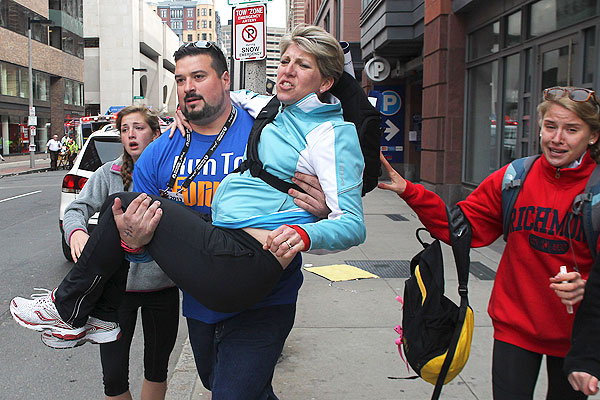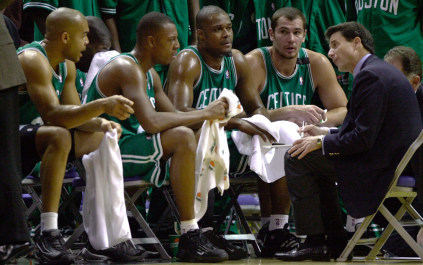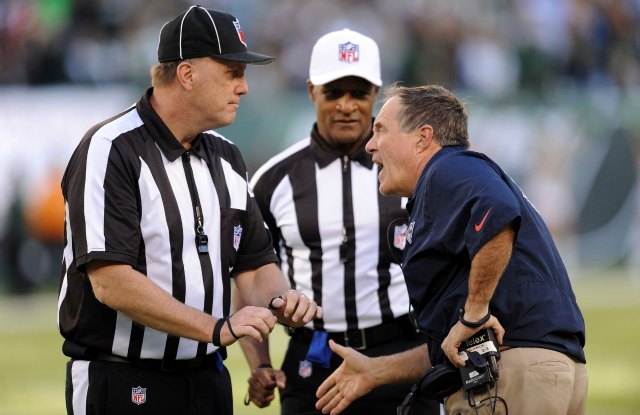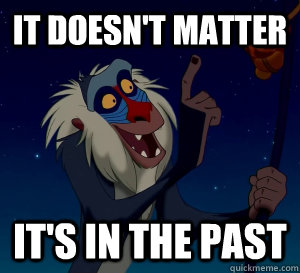The Boston Red Sox have only been to the World Series 12 times in their 113 year history, and 3 of those appearances have come in the past 10 years. From 1919 to 2003 the Red Sox only made the World Series 4 times.
It's not just the Sox who have enjoyed recent success. Since 2001 Boston teams have played in the championship round of their sport 12 times. The Patriots have been to 5 Super Bowls, the Red Sox have played in 3 World Series, the Celtics in 2 NBA Finals, and the Bruins in 2 Stanley Cup Finals. And they've all won at least once. The Pats and Sox have won multiple times.
You have to take a step back to appreciate it. It's hard to remember what Boston sports were like in the year 2000. Let's look back.
The Curse of the Bambino had recently turned 80, and the Sox hadn't been to a World Series in 14 years. Meanwhile, the hated Yankees were winning championship after championship.
The Patriots had NEVER won a Super Bowl, and only been to two. Who remembers how that felt? So when you're whining about a 5-2 team with no receivers, think about what it was like when Pete Carroll was the coach and the team almost moved to Connecticut. And before that, St. Louis.
The Bruins were mired in their own 28-year championship drought. The closest thing to a Stanley Cup in Boston was when Ray Bourque won with the Colorado Avalanche in 2001. The B's failed to qualify for the 2001 playoffs, as well as the 2000 playoffs.
Rick Pitino's Celtics were 36-46 in the 2000-01 season. In 1998-99 they were 19-31 (.380), and in 1996-97 they were an appalling 15-67 (.183). In the year 2000, the Celtics hadn't seen postseason basketball since 1995.
All that has changed now. It started with new owners. Since Bob Kraft purchased the Patriots in 1994 and saved them from moving to St. Louis, the team has been to 6 Super Bowls and won 3. They've also built a new stadium, replacing the aluminium eyesore that once sat next to Route 1 in Foxborough.
The Red Sox were purchased by John Henry and partners in 2002. Since then they've revamped Fenway Park, and invested heavily in player development. Their aggressive pursuit of a World Series title was what brought the likes of Curt Schilling to Boston.
Wyc Grousbeck and partners bought the Celtics in 2002. And while Jeremy Jacobs has owned the Bruins since 1975, when the NHL instituted a salary cap he went from being considered a stingy owner to a smart one. His "carefulness" with money would become an asset to the Bruins, not a detriment.
There have also been a set of GMs, executives, and coaches that are responsible for the success of these teams. Danny Ainge assembled the Celtics team that won the 2008 NBA title with Doc Rivers at the helm. Cam Neely has been a force in the Bruins front office and Claude Julien has been a rock behind the bench. Theo Epstein brought new ideas to the Red Sox. Terry Francona and now John Farrell instilled confidence in the players they managed. And of course there's Bill Belichick, who will go down in history as one of the best coaches pro football has ever seen.
And let's not forget the players. An impressive crop of stars, along with numerous solid role-players, have propelled these teams to their levels of success. Marquee names like: Tom Brady, Ty Law, Manny Ramirez, David Ortiz, Paul Pierce, Kevin Garnett, Ray Allen, Pedro Martinez, Curt Schilling, Josh Beckett, Zdeno Chara, Tim Thomas.
Then there are the steadfast leaders: Patrice Bergeron, Tedy Bruschi, Rodney Harrison, Mark Recchi.
Then there are the indispensable role-players: Kendrick Perkins, Shawn Thornton, Adam Vinatieri, Jonny Gomes, Koji Uehara, Shane Victorino, Bill Mueller, Mark Bellhorn, Mike Timlin, Craig Breslow, Doug Mirabelli, Jarrod Saltalamacchia, Doug Mientkiewicz, Mike Napoli, Orlando Cabrera, Xander Bogaerts.
And then there's the fans. We demand success. Look at how unhappy Patriot fans are with a 5-2 record and no Super Bowls since 2004. Look at the Red Sox in 2011 and 2012, and how much venom we fans had for them, and how we forced ownership to rebuild. All the teams in Boston compete with each other for our attention, our TV ratings, and our money. So they all know they must put a competitive product on the field/ice/court, or we'll spend our time and money elsewhere.
It's been a fun century to be a Boston fan. We have owners that want to win. Executives and coaches that know how to put together teams to win. And players that have the ability AND the hunger to win.













